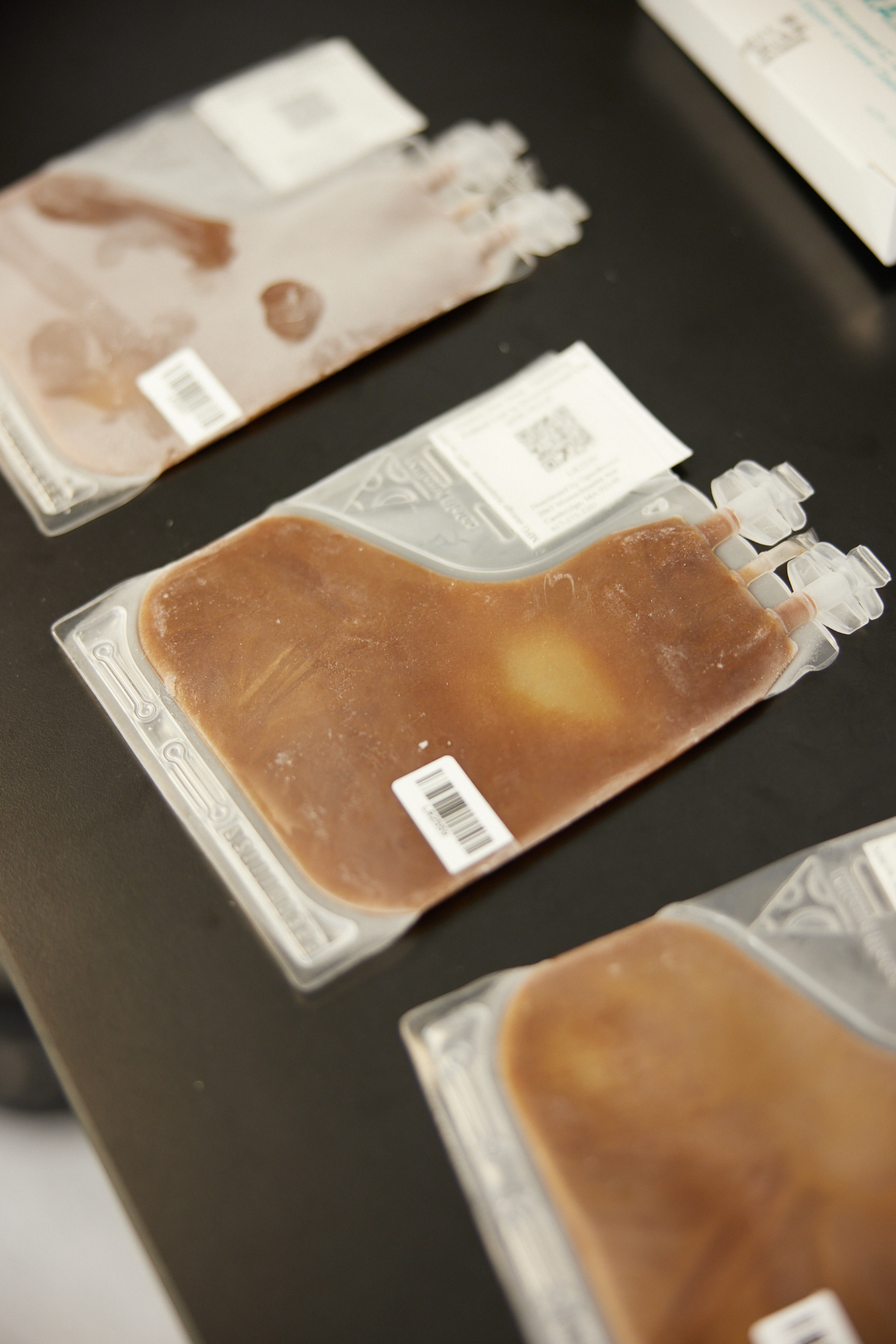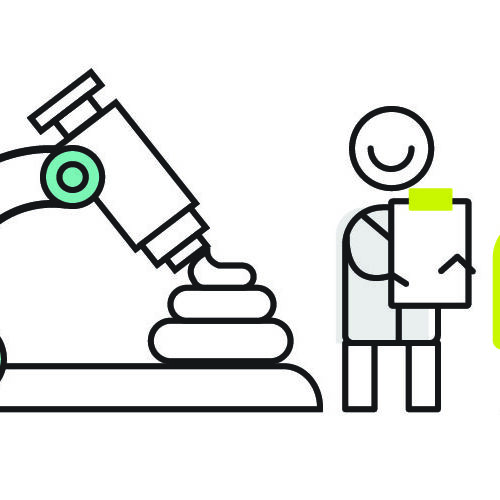OpenBiome Webinar
On March 28th 2023, we hosted a live webinar featuring an expert panel of physicians from Boston Children's Hospital, Texas Children's Hospital, and the University of Minnesota. The panel discussed special considerations for caring for pediatric patients with C. difficile including diagnosis and treatment with investigational fecal microbiota transplantation (FMT).
Key takeaways and an FAQ are shared below.

Key Takeaways
Pediatric Investigational FMT referrals should be carefully evaluated for possible alternate diagnoses.
Up to about 25% of cases may be explained by alternative diagnoses, the most frequent being constipation leading to overflow diarrhea in a concomitantly C. difficile colonized patient, unrecognized ulcerative colitis, Crohn's disease, abdominal migraine, and milk protein allergy.
For pediatric patients with C. difficile and potential IBD, the panel recommended delivering investigational FMT by colonoscopy to check for inflammation.
If active inflammation is found while the patient is on antibiotics, the investigational FMT should be delayed. IBD should be optimally managed (i.e., using suppressive vancomycin) before using investigational FMT to treat C. difficile to increase treatment efficacy and to minimize the risk of inducing a flare.
Further studies on the efficacy of colonoscopic delivery are needed especially in pediatric populations.
In addition, AGA's FMT National Registry tracks and collects investigational FMT procedure data and is a critical resource for understanding short and long-term safety and efficacy. OpenBiome strongly encourages enrollment in the AGA's FMT National Registry.
Frequently Asked Questions



